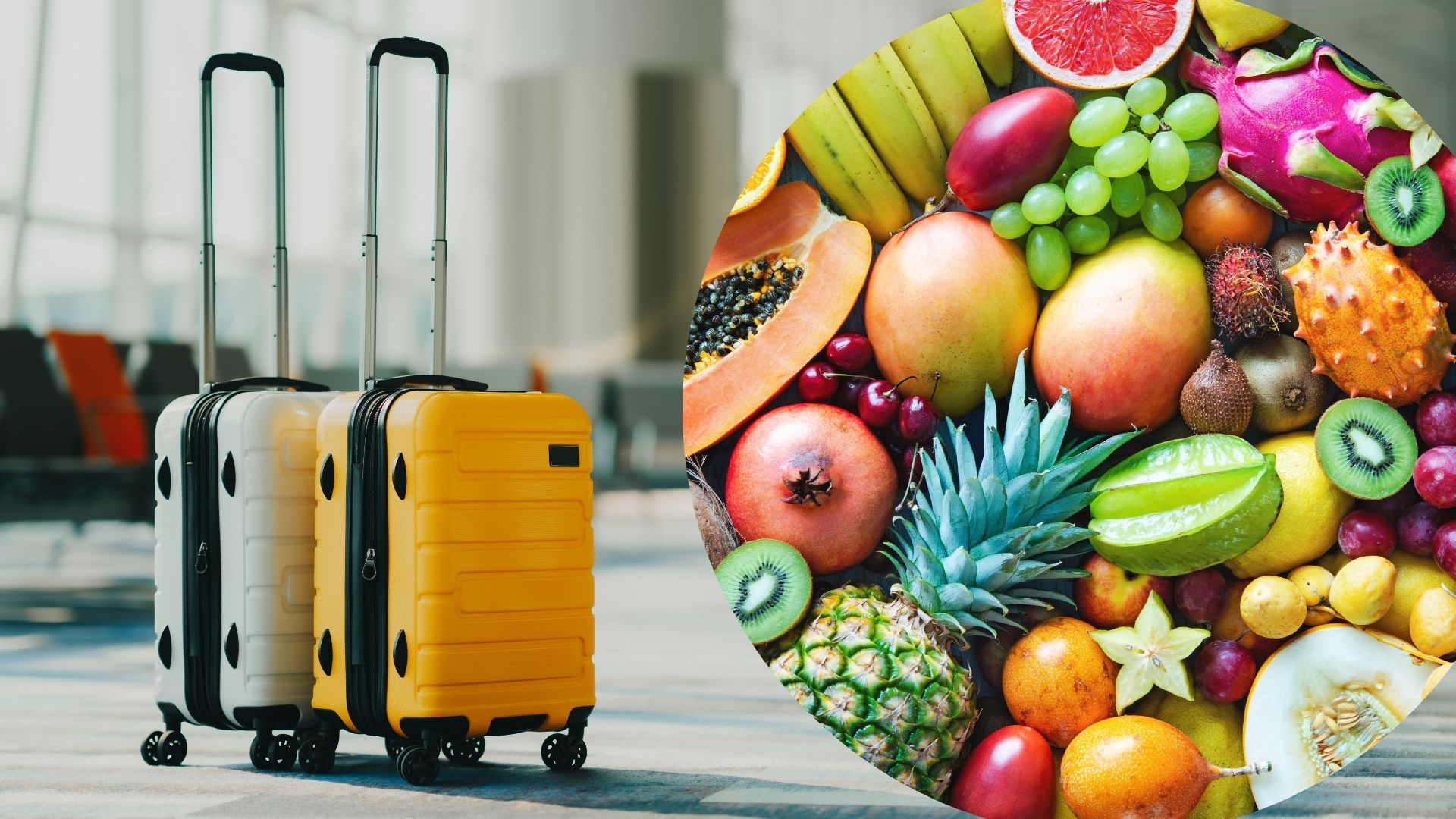- You might consider bringing food back from your vacation – here’s what is permitted and what is not
- Some fruits and vegetables need a plant health certificate
- You may face a fine or legal action for importing prohibited food items.
When traveling to a different country for a vacation, there may be things you wish to take back to the UK.
Although common souvenirs like magnets are perfectly acceptable to take home, some food and beverage items might be prohibited.
However, it is an item that many travelers might wish to take back, particularly because some food and beverage products are not available in the UK.
Here’s a summary of the foods and beverages you can take home from your trip, along with what UK airlines permit in your luggage.
The key point to keep in mind is that the regulations regarding bringing food back typically vary depending on the country you are returning from.
Subscribe to our daily NationalWorld newsletter – delivered to your inbox Monday through Friday..
Fruits, vegetables, nuts, or seeds
According to the UK Gov website, You have the ability to import any fruit, vegetables, nuts, or seeds from any European country, Switzerland, or Liechtenstein.
However, in certain countries outside the EU, some fruits and vegetables are not allowed, unless you possess a phytosanitary (plant health) certificate issued by the country of origin. To get the certificate, you need to contact the plant health authorities in the country you are departing from.
Some items can be brought back from non-EU countries without a plant health certificate. These include: pineapple, kiwi, coconut, citrus fruits, kumquat, persimmon, durian, curry leaves, bananas, mango, dates, passion fruit, guava, processed and pre-packaged plant-based products, peeled and processed nuts or nut spreads, and rice.
Meat, milk, seafood, and other animal-derived products
You are allowed to bring specific foods into the UK for personal use if they originate from the EU, Switzerland, Norway, Iceland, Liechtenstein, the Faroe Islands, and Greenland.
These items consist of fish, chicken, eggs, and honey. Nevertheless, pork, beef, lamb, mutton, goat, and deer are not allowed, along with milk and dairy products, as well as substances not intended for human use.
It is not allowed to bring any meat or meat-derived items into the UK from non-EU countries, along with dairy products, except for powdered infant formula or food required for medical reasons.
You are allowed to carry up to 2kg per person of honey, shellfish, snails, frog legs, insect meat, and 20kg per person of fresh fish, fish products, processed fish, lobsters, and shrimp.
Foods with no restrictions
Some kinds of food can be entered into the UK without any limitations.
The items include bread, cakes (without frosting), cookies, chocolate, candies, pasta, noodles, pre-packaged soup, and dietary supplements.
What occurs if I carry a prohibited food item into the UK?
If you state that you have brought a restricted food item into the UK, Border Force will take the items and dispose of them. However, if you fail to declare, you might face a fine of up to £5,000 or legal action.
If you’re curious about which food and beverages you can carry on UK airlines, please check our article about approved food and drink items.here.



